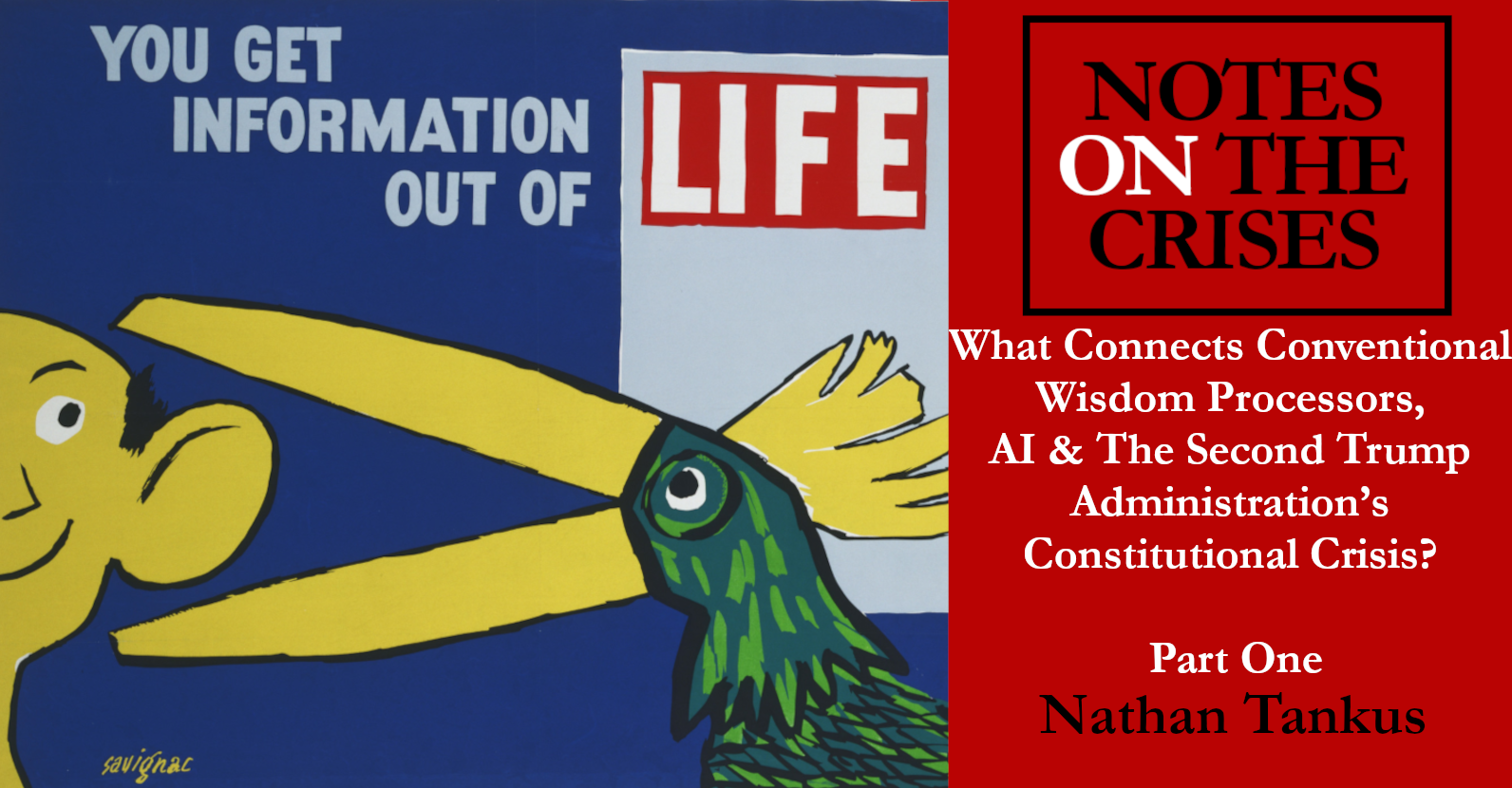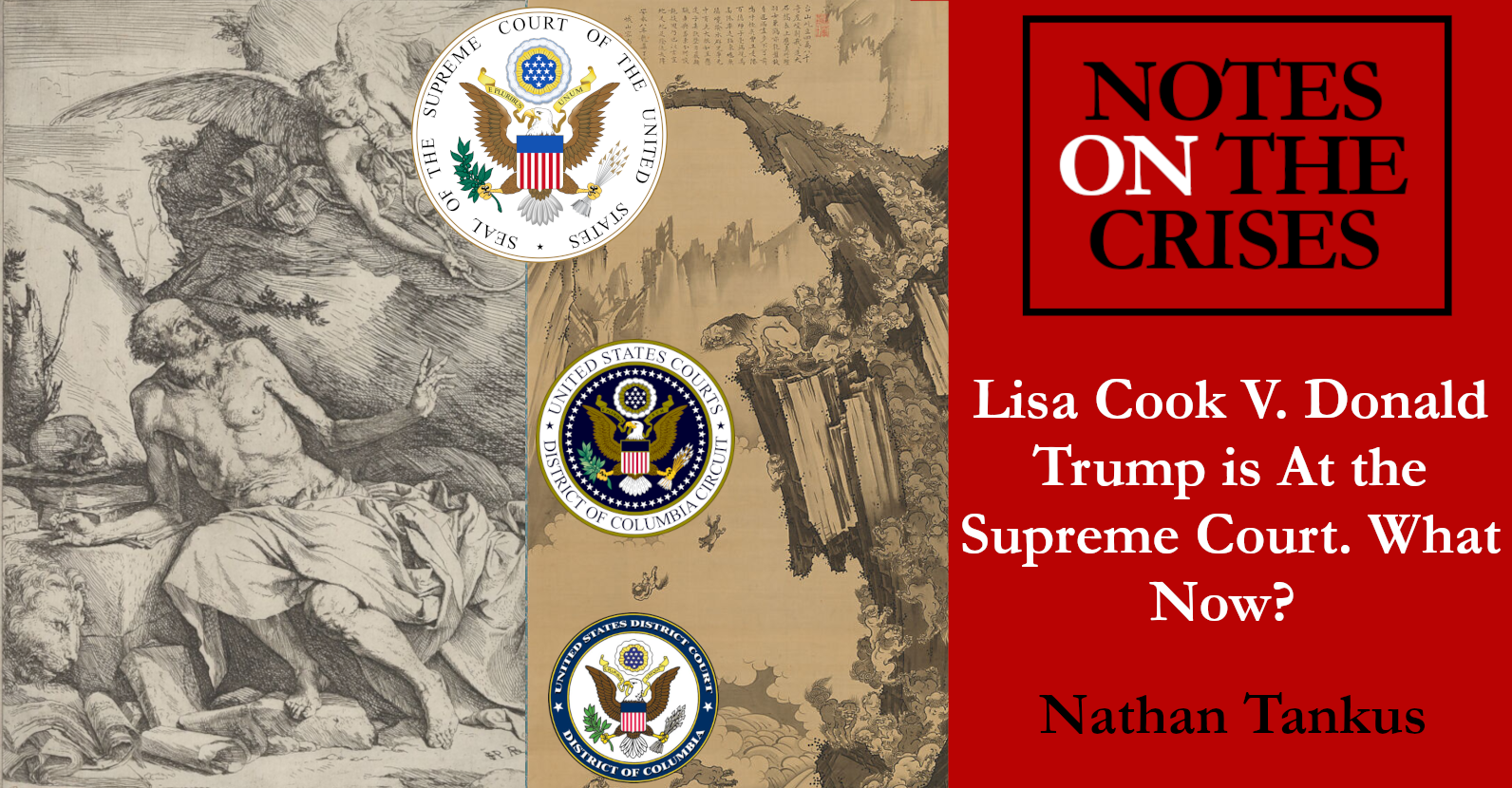Rowan Lubbock’s Cultivating Socialism: Venezuela, ALBA and the Politics of Food Sovereignty is an important book for understanding the agrarian dimensions of Venezuela’s socialist experiment and the ALBA regional integration project at both the theoretical and empirical levels. The rise of Food Sovereignty as a central organising demand for agrarian movements in Latin America in recent years raises several questions: who is sovereign? sovereignty over what? from what? To address these questions, Lubbock develops a class-relational conceptual framework for understanding modern sovereignty as an ‘historically specific combination of rights and territory – or the right to exploit labour and the territorial organization of social production’ (p. 9). From this, the struggles within food sovereignty are conceived as projects seeking ‘self-directed labour and cooperative territorial organization’ (p. 9). This enables Lubbock to analyse the difficulties faced by diverse agrarian movements in very different local and national circumstances as ‘the strategic necessity of confronting the duality of modern sovereignty – condensed within spaces of capitalist production and the capitalist state itself’.




